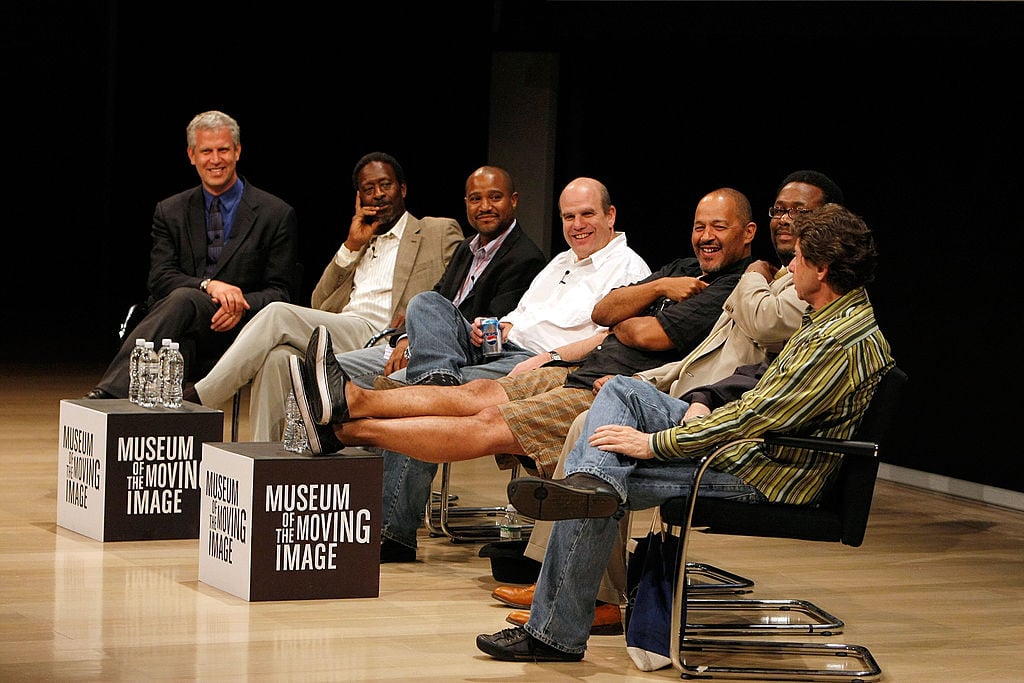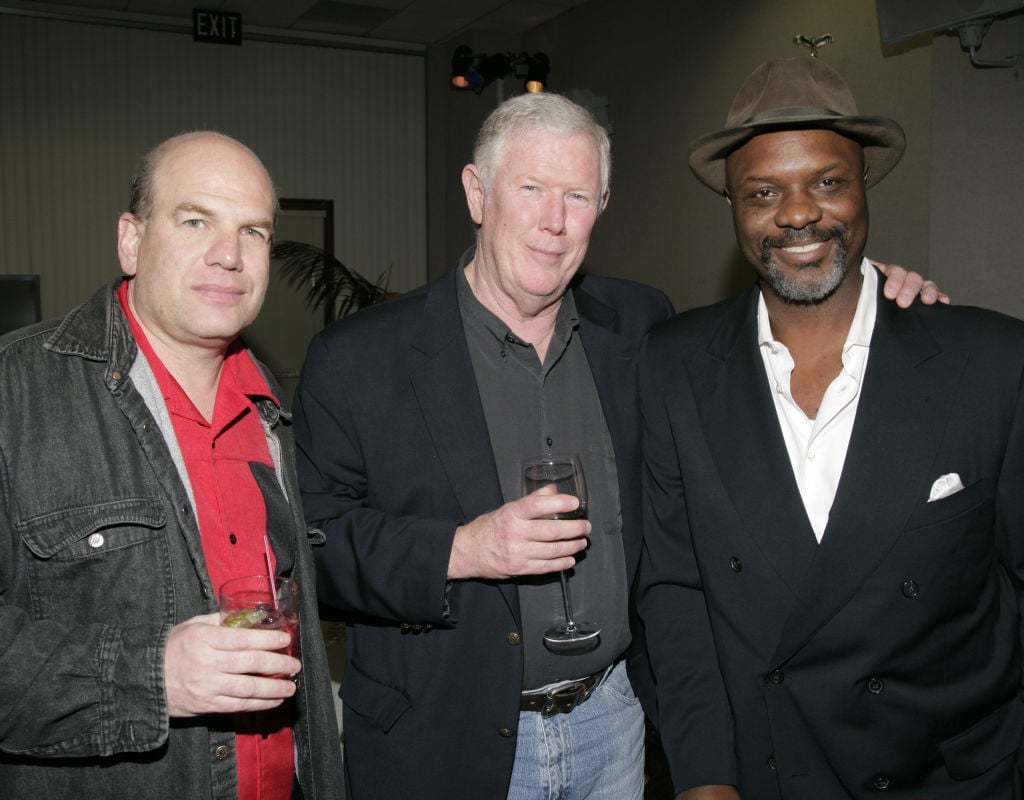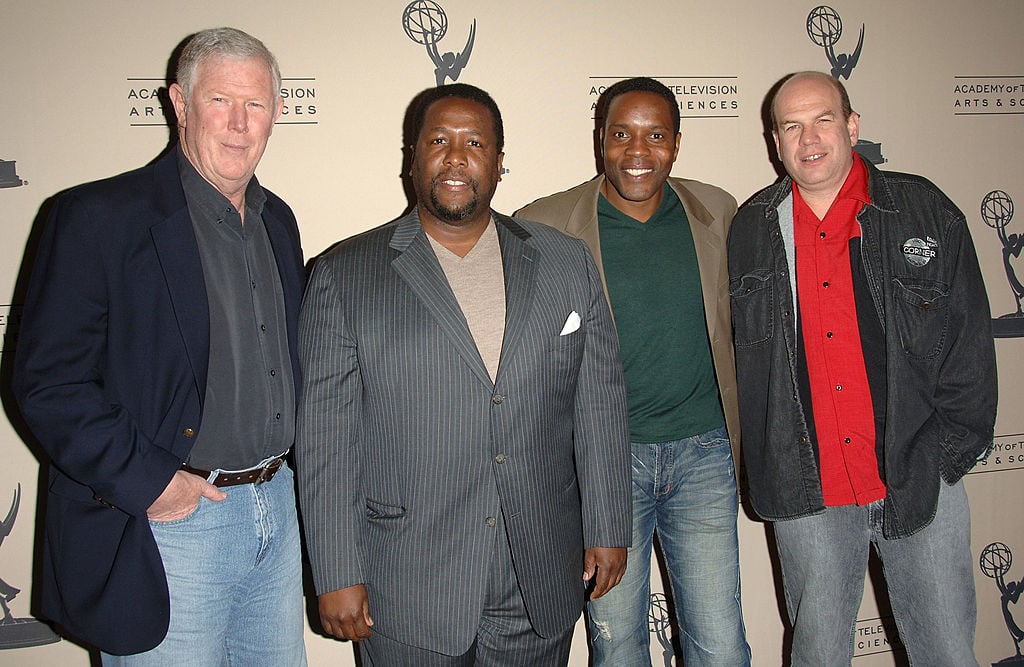HBO’s ‘The Wire’ Was Loosely Based On Series Co-Writer’s Work In Law Enforcement and Education
The Wire aired on HBO for five successful seasons. The show depicted the challenges of residents in Baltimore city engulfed in crime, poverty, and drugs – and the police department’s struggle to contain widespread violence. The storylines on the show registered with viewers and it remains a favorite years after it went off the air. The majority of the content is due to co-writer, Ed Burns, and his experience working in law enforcement and in education.

Who is Ed Burns?
Prior to his work as a television writer, Burns worked in the public service sector of Baltimore for over two decades. After serving in the Vietnam War and then worked for the Baltimore Police Department.

He worked in several divisions, including homicide and narcotics, and was eventually promoted to detective. After retirement, Burns transitioned into teaching in the Baltimore public school system as a teacher of seventh and eighth-graders. He became inspired to teach after hearing of the need for quality education in the inner city.
Teaching was not difficult for Burns. Instead, he’s been open about the emotional toll his students’ experiences had on him. His classroom was often filled with students from broken homes, students involved in street activity, and others who were behind academically.

His work in war, the police department, and as a teacher became the foundation for his work on The Wire.
‘The Wire’ was loosely based off of Ed Burns’s work as a Baltimore detective
Burns used his time in public service as inspiration for a bulk of the content viewers loved on The Wire. Each season focused on a different element of Baltimore: homicide, narcotics, Baltimore public school system, and the Baltimore docs.
While co-writer David Simon was able to use his experience working as a writer for The Baltimore Sun newspaper to ensure the atmosphere of the city was as true to life as what he witnessed through his reporting, the meat of the storylines came from Burns.
Simon explained to Salon shortly after the show’s premiere just how instrumental Burns was. “He [Burns] did a lot of these protracted investigations, often of more than a year’s time, into violent drug traffickers,” he said. “It was largely based on his experiences and his frustrations in the department.”
As they continued working on the show, they became increasingly frustrated with other corrupt institutions, including sexual assault that was running rampant in the Catholic Church and figured out ways to implement more stories about corrupt corporations and broken institutions overall.
“It became more of a treatise about institutions and individuals than a straight cop show,” he said.
As the show progressed and more settings aside from street life and drugs were introduced, Burns drew from his work as a teacher.
Burns told NPR in 2006 that the premise of using school-aged kids as central characters was to “go back to when choices are made.” According to Burns, middle school was the perfect place to start as it’s a “testing ground for the street,” He also wanted to show the harsh realities of what students face, saying:
“I don’t think an audience could handle going into a middle school in Baltimore for a week. This is the tragedy of their school experience. They spend time in class warring with the teacher. They’re suspended. They go to time-out rooms, and then they hit the streets, and within five years, a lot of them are victims of murders or are committing murders,” he says.
The Wire was critically acclaimed for its raw storytelling and stellar performances by the actors. Despite never winning any awards during its run, the show is considered one of the greatest television works of all time.


